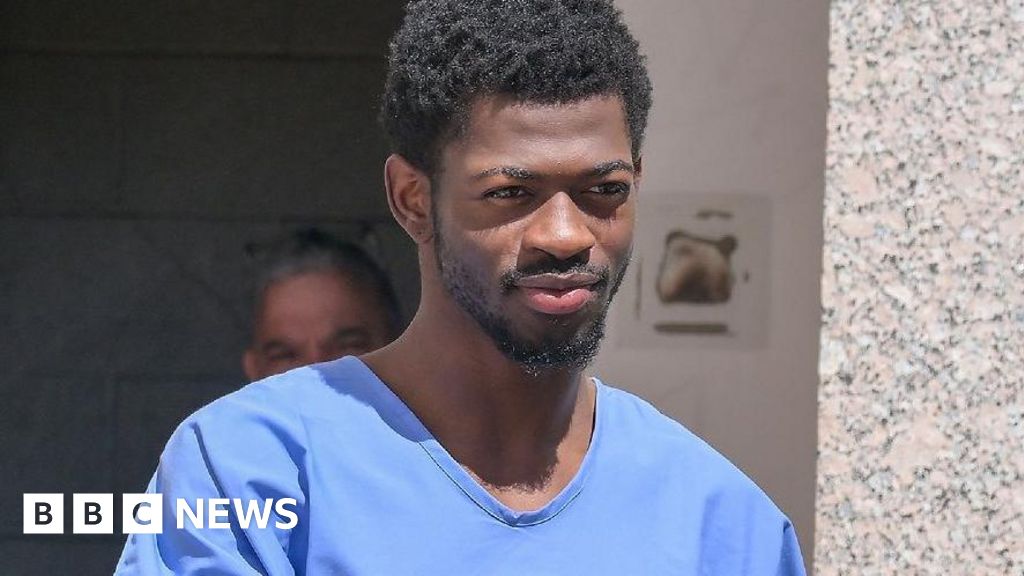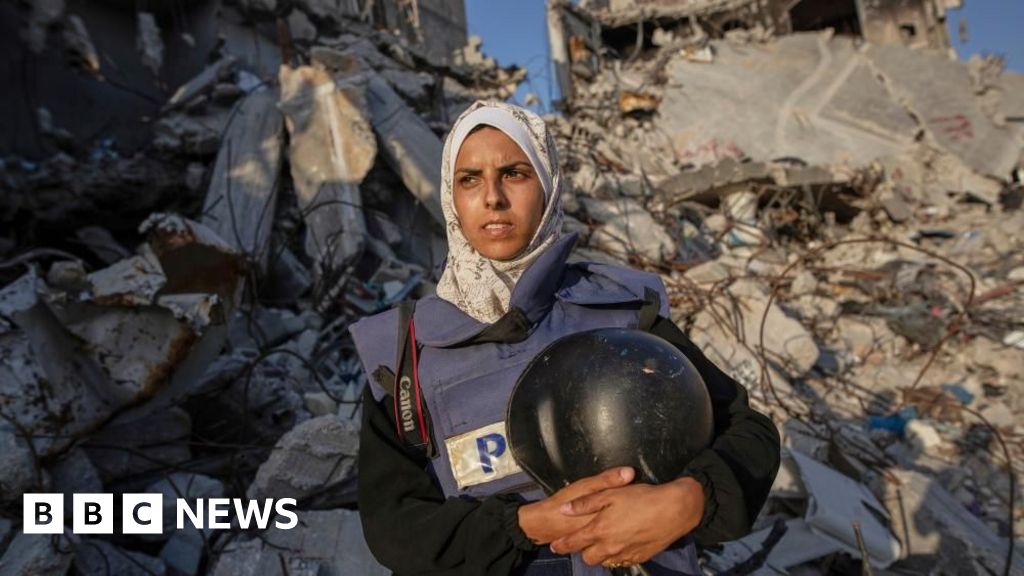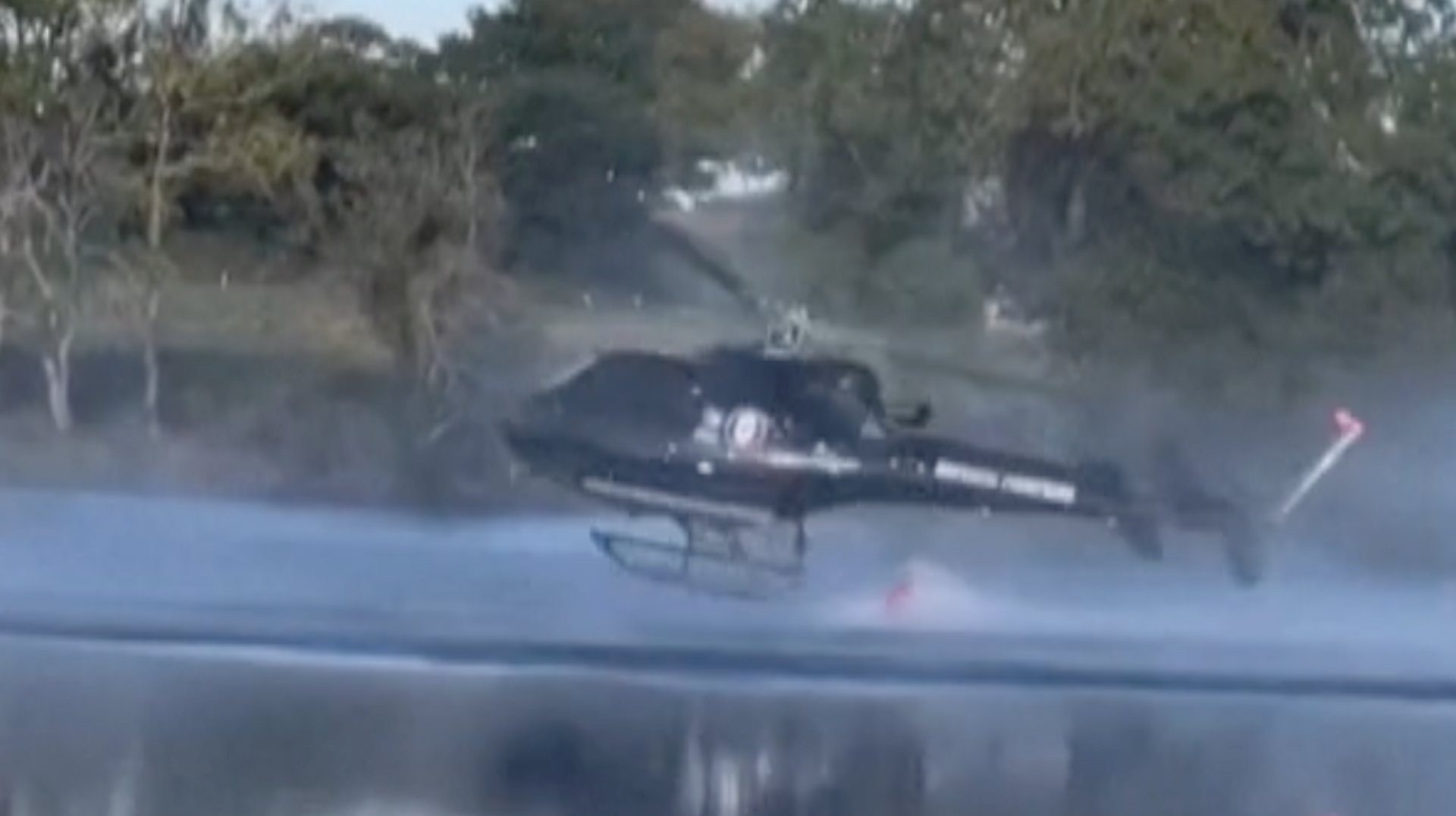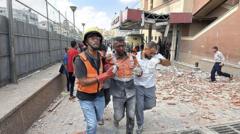The situation in southern Syria's Druze-majority region of Suweida has taken a harrowing turn, with shocking allegations surfacing regarding a massacre at a local hospital. Eyewitness accounts and testimonies from healthcare professionals indicate that Syrian government forces allegedly executed patients amidst escalating sectarian violence over the past week.
Inside Suweida National Hospital, the grim reality unfolded as the stench of death wafted through the air. In the car park, body bags containing the remains of victims were strewn about, some exposed to the harsh conditions, showcasing the brutality of the alleged assault. "This was a massacre," asserted Dr. Wissam Massoud, a neurosurgeon at the hospital, dramatically recalling how troops arrived not to restore peace but ostensibly to unleash violence upon vulnerable patients.
According to Dr. Massoud, the alteration of a presumed sanctuary into a site of tragedy came as soldiers targeted the Druze community. Volunteer Kiness Abu Motab lamented, "What crime did they commit? Simply existing as a minority in a country that claims democracy?" Outside the hospital, local teacher Osama Malak recounted harrowing tales, including an incident where a disabled boy was shot dead while asleep.
All involved factions in the ongoing conflict have swapped accusations of atrocities. While various fighters have been implicated in violence, the claim of government troops actively targeting civilians in a designated safe space, like a hospital, provokes outrage and concern. Estimates of those killed during the raid reach up to 300, yet the true toll remains unverified.
The Syrian government has acknowledged reports of grave violations allegedly conducted by armed individuals in military attire. Minister for Disaster Management and Emergency Response Raed Saleh promised a thorough investigation into all allegations of misconduct.
Access to Suweida City is constrained, marking it effectively under siege as military checkpoints control entry and exit. Areas show clear signs of combat, with damage to infrastructure indicative of intense clashes between Druze and other factions. Despite governmental claims of recapturing certain areas, Suweida City, populated by over 70,000 residents, remains under the control of the Druze community.
As we left the hospital, we met eight-year-old Hala Al Khatib, who bore the physical and emotional scars of the violence. With her face bandaged and a lost eye, she revealed that gunmen had shot her while she sought refuge from the violence in her home. Unbeknownst to her, both her parents had succumbed to the conflict. Reports from Suweida reflect more than the chaos of warfare; they serve as poignant reminders of the dire toll on innocent lives caught in the crossfire.


















